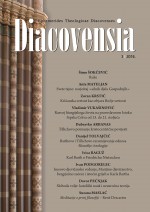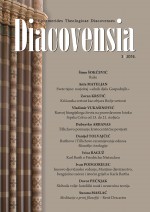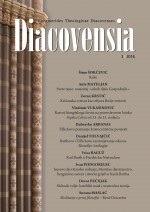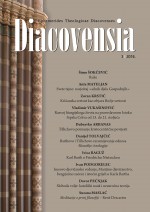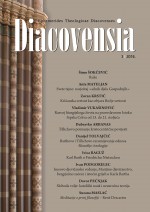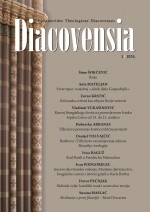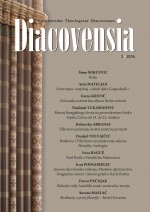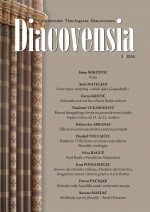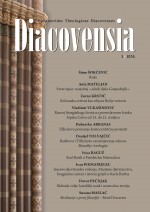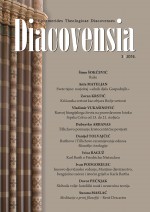
BILJEŠKE O KRŠĆANSTVU U DNEVNICIMA SØRENA KIERKEGAARDA
The article reflects on Søren Kierkegaard’s notes on Christianity that are found in his Diaries. In the first part, we are presented with Kierkegaard’s understanding of Christianity which we call existential. The existentially understood Christianity for the Danish thinker implies a strong criticism of the modern spirit, as well as of Christianity that has identified with that modern spirit. Existential Christianity represents a double, »radical cure« for a modern man and a modern Christian: obedience and simplicity. The second part reflects on Kierkegaard’s critique of Protestantism, and the third part discusses some determinants of S. Kierkegaard’s thought form, which we have called a living thought. Particular attention is paid to the role of Regina Olsen, and the role of the feminine in general in Kierkegaard’s, as well as any other theological thought.
More...
